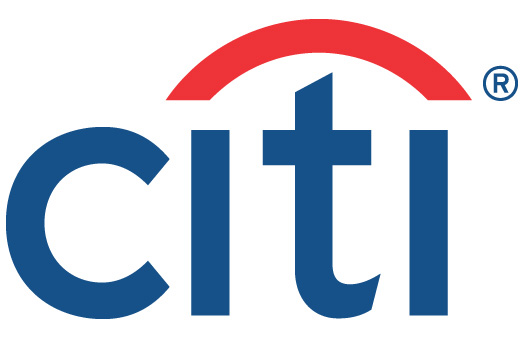
Nationalization, at least a partial one, seems inevitable for Citigroup. As Washington prepares to tighten its grip on the struggling company, the implications — for the troubled financial giant and the rest of the industry — are starting to sink in.
Under a plan federal regulators were discussing on Monday, the government may end up owning as much as 40 percent of Citigroup, which has already grabbed two multibillion-dollar lifelines from Washington.
The question is, what happens then? Perhaps not all that much, at least for now.
Even before rescue No. 3 — which will not involve additional taxpayer money — federal regulators were clamping down on the company. The government has ordered Citigroup to sell businesses, shake up its board, cut its dividend and reduce risky trading. It has also moved to curb bonuses and perks like corporate jets.
Moreover, Citigroup already relies on the government to finance its operations and insure hundreds of billions of risky assets. It has bowed to Democratic lawmakers on bankruptcy legislation that the financial industry had long opposed, and is now required to fill out a public report card on its lending activities monthly.
“What is the big deal?” said Charles R. Geisst, a financial historian. “They are wards of the state anyway.”
The Obama administration says it has no plan to nationalize banks outright, and government officials say they want to avoid taking a big stake in Citigroup. The hope is that more equity capital from the government, supplied through the conversion of preferred stock, will help Citigroup pass a new “stress test” that federal regulators are preparing to administer to 20 or so large banks. The administration’s strategy seems to point in the direction of stopping short of outright nationalization — where the government takes control — and stepping up regulatory scrutiny.
But with greater ownership, there is always the risk that the government might try to exert a lot more influence over Citigroup. The entire banking industry, after all, remains under acute stress. JPMorgan Chase, widely regarded as one of the healthier big banks, announced on Monday that it would sharply reduce its dividend to stockholders to conserve cash in case the economy deteriorates further.
Citigroup, with operations in more than 100 countries, encapsulates many of the ills plaguing the global banking industry. In the future, the company will almost certainly be smaller and less profitable than it was in the past, analysts say.
“A year from now, it will be more like a large financial utility,” said Michael Mayo, a Deutsche Bank analyst. “Less risk, less leverage, less growth.” Analysts say the worst-case situation is that the government eventually steps in, breaks up Citigroup and sells off the pieces. Citigroup, they said, could end up half of its current size.
A big question is whether the government will press to replace Vikram S. Pandit, Citigroup’s chief executive. Citigroup insiders insist that Mr. Pandit, who inherited many of the problems at the company when he became chief executive in late 2007, has the government’s backing. Analysts say it would be hard to find someone willing to take his job.
In many ways, Mr. Pandit is already grappling with the same problems that the government would face if it took control.
He was forced to split off Citigroup’s prized Smith Barney brokerage unit, for instance, to raise capital. He is also scaling back the company’s mortgage and proprietary trading operations. He has created a “bad bank” structure to hold Citi’s money-losing businesses, like private label credit cards and Primerica insurance, and tens of billions of dollars’ worth of toxic assets. While the government might demand that Mr. Pandit accelerate plans to sell bad assets, buyers are scarce. The government has also not yet revealed details of its plans for a so-called aggregator bank that might buy some of these assets.
Nationalizing Citigroup outright would be a huge challenge, given the company’s size and international sweep. In countries like Mexico, for instance, a state-controlled bank might run afoul of local ownership regulations.
Analysts also wonder whether a full government takeover of Citigroup would place its rivals at a disadvantage. Customers, for example, might prefer to park their money at a bank backed by the full faith and credit of the United States, rather than a smaller bank that has federal insurance on deposits up to $250,000. Traders might prefer to trade with a bank backed by the federal government.
Shares of Citigroup rallied on Monday in the hope that the government’s plan would stabilize the company. Shares rose 19 cents, to $2.14. The stock was still down 68 percent for the year.
Gerard Cassidy, an analyst at RBC Capital Markets, said it could take years for Citigroup to right itself, even with the government’s help. “I don’t think they can do it in a short time,” he said.
No comments:
Post a Comment